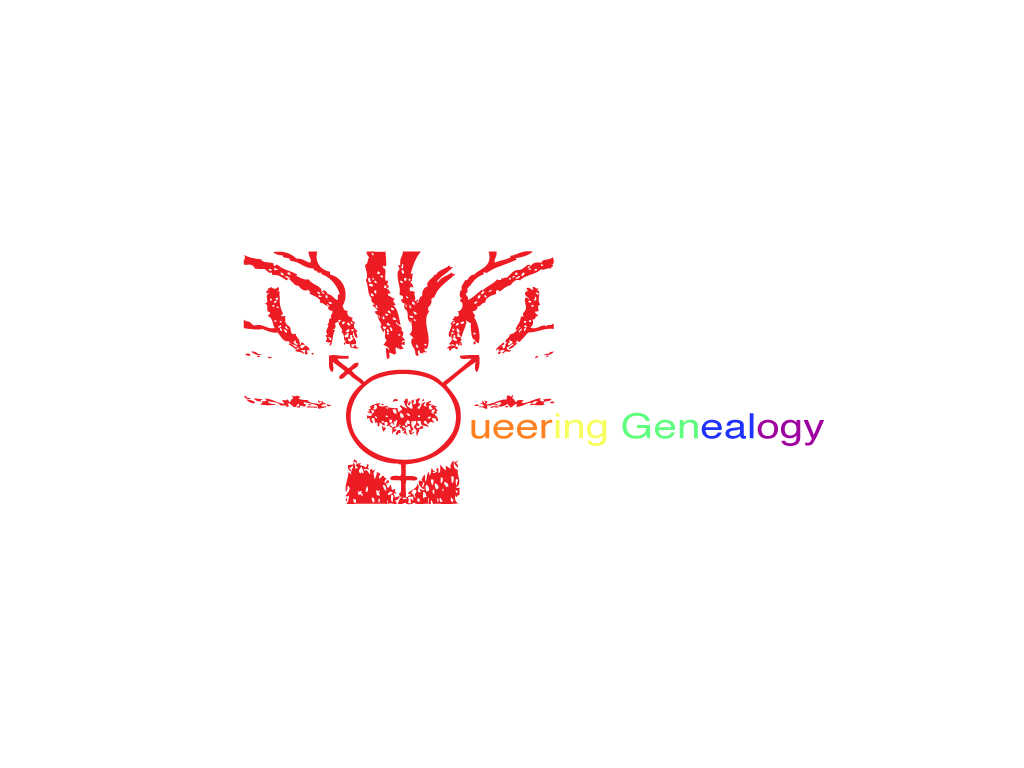‘Queer’ as a term is fraught with ambivalence and ambiguity; previously, it has been employed as a pejorative, homophobic sentiment. However, with the movements in gay rights from the 60s onwards it has been considered a banner of social/political empowerment, and as an umbrella term, for those who identify with a counter-heteronormative lifestyle, put simply, those who are ‘non-straight’. In this context, this project uses “queer” as an identity that destabalises the “allegedly stable relations between chromosomal sex, gender and sexual desire.” (Jagose, 1996).
Queer theory and gender studies have, up until now, primarily dealt with ‘family’ in terms of establishing markers of visibility and resistance, which leads to forming attachments to queer peer groups. When ‘family’ has entered queer academic discourses, it is done in the context of distancing reproduction with heterosexuality. This project investigates how queer kinship networks have a great impact in understanding our own versions of sexuality. The project reviews and traces the existing discourses surrounding kinship and family webs and repudiations in queer genealogies. It also creates a networked media artefact which includes images and audio files mediating queer identity in relation to queer kinship which creates new pathways for these genealogies to be disseminated through the creation of a ‘social life’ of these materials. The aim is to have six interviews, fully tagged and coded a completed research report and a selection of individual clips for inclusion in the web installations.
The end result of the project relies on taking these media examples and organising them within the public sphere, being distributed through social networking sites with the express interest of targeting members of the queer community. In this way, the project is reaching out to the community to better facilitate the experience of understanding one’s own sexuality and the development of sexuality in the family schematic by using the life’s experience of other people in a ‘queer’ family (Bernstein, 2001). This project also contributes to the wider research on the impact of technology in the social relations of members of the queer community with their family connections.
Tuesday, June 15, 2010
Introductions
Hey all,
The purpose of this blog is to create a space where people can input their ideas, share their experiences online and hopefully contribute to particularly interesting research project which aims to help contribute to the growing works dedicated towards the queer community. A more comprehensive post on the details of the investigation and just exactly how you can get involved will come up very soon (hopefully within the next 24 hours *fingers crossed*).
More coming later!
I will have to start with the nitty gritty, mandatory, messy housekeeping stuff before we crack on to the cool and exciting bits later (I will get to them I promise!). Right. Basics. To begin with my name is Ross Robinson, I am currently an undergraduate of University of Sussex and am going into my third year of reading Media and Cultural Studies. Extra to my degree I have been given an incredible opportunity to take part in some very interesting research based on learning how individuals from the LBGTIQ(etc.) community have been affected by their queer kinship networks(for example: gay uncles/transgender step-mums/lesbian or gay parents/intersex godparents/ family friends/ families of choice or any others!). I will divulge into that later.
The purpose of this blog is to create a space where people can input their ideas, share their experiences online and hopefully contribute to particularly interesting research project which aims to help contribute to the growing works dedicated towards the queer community. A more comprehensive post on the details of the investigation and just exactly how you can get involved will come up very soon (hopefully within the next 24 hours *fingers crossed*).
My particular involvement with this subject started when I first came out just before coming to university, for 17 years this aspect of my identity was by and large untended and covered in weeds. Once I started investigating how my own personal involvement with this community I took to books, journals, blogs and what have you, to see how much has been covered about 'the queer identity'. I had absolutely know idea how vast this particular field had become in a relatively small amount of time, especially since the stonewall riots was only several decades ago. To avoid any accusatory claims narcism and self-importance I will curtail any more longwinded anecdotes and just emphasise how excited I am for this project and I hope that you guys will show some interest and give feedback, ideas, critiques, contributions, and share this with your friends.
More coming later!
Subscribe to:
Posts (Atom)
